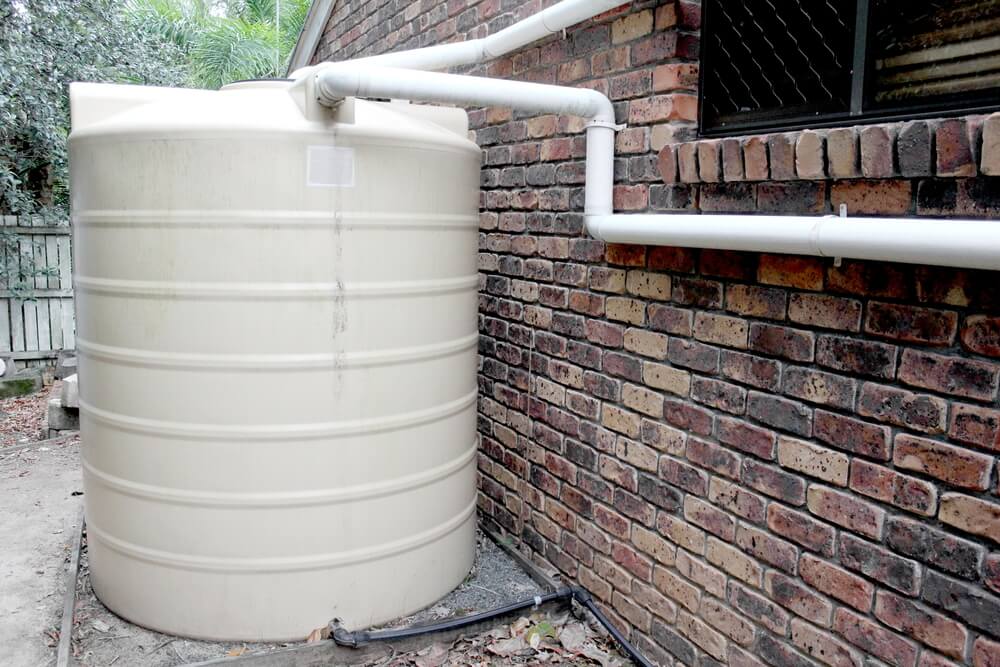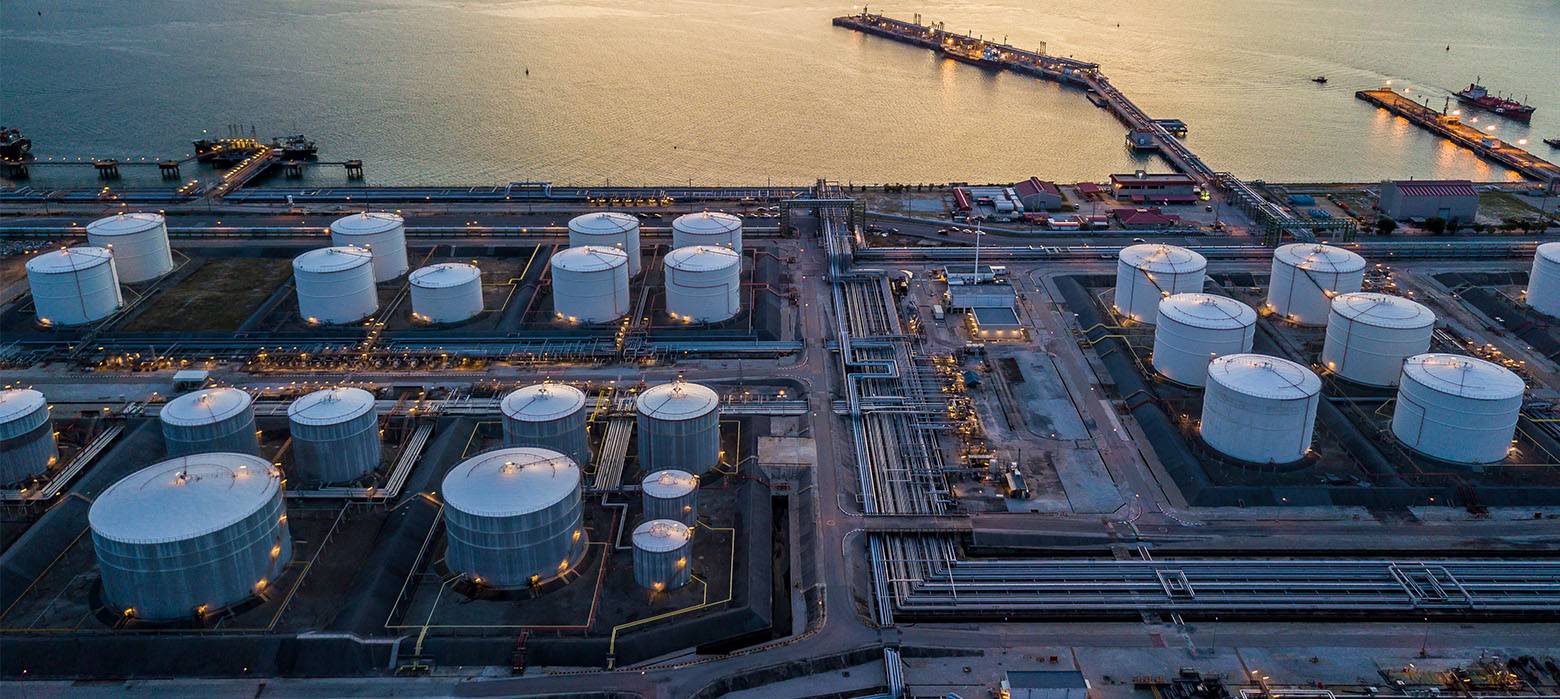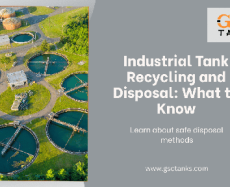
- admin
- August 17, 2020
An In-Depth Guide to Residential Water Storage Tanks
Residential water storage tank is a type of above-ground storage tank that collects water and stores it for future use and timely access.
If you turn on your kitchen faucet, water leaves the tank and flows through the tap, providing users with fresh water whenever required.
Water storage tanks come in a range of shapes, sizes and configurations and serve a variety of purposes.
From a small 5-gallon reverse osmosis tank installed under a sink to a towering 120-gallon well pressure tank, water storage tanks are an integral part of every household water system.
In this blog, we’ve answered some of the common questions about residential water storage tanks. So, let’s delve deep!
How big of a storage tank do I need?
Well, this depends on various aspects. Here are a couple of factors that’ll help you determine the appropriate size of the above-ground storage tank for your residence.
1. The quantity of water you need to store – The very first step is to determine the amount of water you need to store at your building. Typically, if you need 5000L per week, you should consider purchasing a 20,000L tank.
2. The quantity of water you need to harvest from your roof – As a rule of thumb, each square meter of roof space collects around 1 liter of water for every 1 millimeter of rainfall received. So, the amount of water you need to collect can be easily calculated by multiplying the roof space available for connection to the tank with the amount of rainfall.
Once you know the quantity of water you need to store and harvest from the roof, you’ll be able to determine the size of the water tank best suited for your purpose.
Which water storage tank is best?
Again, it’ll depend on your needs. But, there’re a few essential things that you must check while buying a water tank for your property.
1. Material used in manufacturing the tank – You need to check whether the tank you’re buying is made up of pure virgin plastic or of the scrap of residual plastics. Ensure to choose the tank made up of virgin plastic as it’s safe, durable, and resistant to harsh weather conditions.
2. The number of protective layers – Ensure to check the number of protective coatings the tank has before purchasing. Choose to buy triple layer water tanks as it prevents the water from getting contaminated due to the harmful UV radiation of the Sun.
3. Warranty period – Always check the warranty period provided by the manufacturer. Do choose the tank with the maximum warranty period.
How do you keep water fresh in a storage tank?
Here are two steps that you can take to keep water fresh in your tank –
1. Add 1/4 teaspoon of bleach to every gallon of water you store – Bleach detoxifies water contained in the tank and prevents the growth of algae, keeping it fresh and fit for drinking 24/7.
2. Add 4 parts of chlorine to every 1,000,000 part of water – Chlorine stops algae growth. When added in appropriate proportions, water remains safe to drink or for irrigation.
What is the difference between pressure vessel and storage tanks?
A pressure vessel is a container that has been designed to carry liquid or gas with the required pressure above normal temperature and pressure.
The design of a pressure vessel includes safety parameters such as equipment to check maximum safe working pressure and temperature and corrosion tolerance protective layers.
On the contrary, a storage tank is a medium for short-term storage of liquids and compressed gases.
Here were our answers to some of the most frequently asked questions. Let us know what you think in the comment section. Also, comment below if you’ve any further questions, and we’ll surely try to answer those.
- residential tanks
- residential water tanks
- water storage tanks
Category
- Above Ground Fuel Tanks
- Above Ground Gas Storage Tank
- Above Ground Storage Tanks
- Above Ground Water Storage Tanks
- Agricultural Tanks
- Chemical storage Tanks
- Diesel Fuel Storage Tanks
- Diesel Storage Tanks
- Exernal FloatingRoof Tanks
- Farm Water Tank
- Fiberglass Oil Tanks
- Fiberglass Septic Tanks
- Fiberglass Tanks
- Fiberglass Underground Fuel Storage Tanks
- Field Erected Tanks
- Floating Roof Tank
- Food and Beverage Tanks
- Fuel tank
- Industrial Chemical Storage Tanks
- Industrial Gas Tanks
- Industrial Hot Water Storage Tanks
- industrial hot water tank
- Industrial Plastic Tanks
- Industrial Storage Tanks
- Industrial Tank heating pads
- industrial tanks
- Natural gas
- Natural gas vs Propane
- oil storage tank
- Oil Storage Tanks
- Peracitic Acid
- Petroleum Tanks
- Residential gasoline storage tanks
- Residential Water Storage Tanks
- Sodium Hydroxide Storage Requirements
- Sodium Hypochlorite Storage Tanks
- Steel Storage Tanks
- storage tank failure prevention
- Storage Tanks
- Sulfuric Acid Tanks
- Uncategorized
- UnderGround Storage Tanks
- Waste water tank
- Water Storage Tanks

 Tank Size Calculator
Tank Size Calculator






